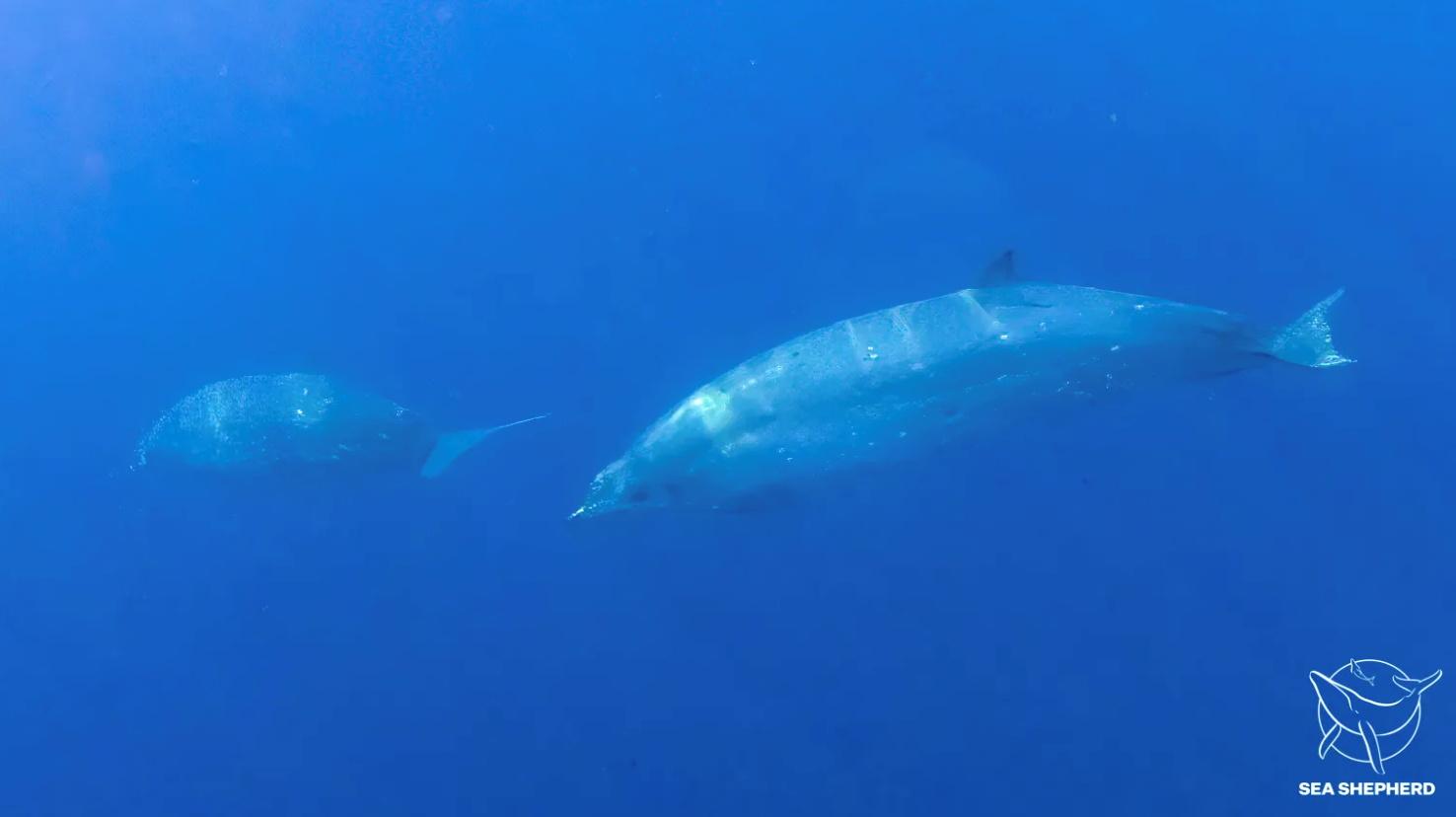Researchers believe they have found a previously unknown species of beaked whale in waters off Mexico’s western coast. If confirmed, the new species would mark a significant discovery among giant mammals.
The team of researchers came upon three unusual specimens while tracking a different, rare species of typically shy beaked whales on November 17 near Mexico’s remote San Benito Islands, about 300 miles south (500 km) of the U.S. border.
“These animals popped to the surface right next to the boat,” said Jay Barlow, a marine mammal biologist at the Scripps Institution of Oceanography in San Diego.
“It was just a phenomenal encounter. It’s very rare to even see a beaked whale, and to find a friendly group of beaked whales, it’s even rarer,” he said.
Barlow and his colleagues on the trip, led by the non-profit Sea Shepherd Conservation Society, did not realize they were seeing a potential new species until later when studying photos they took of the animals. The whales’ teeth were unusually placed, Barlow said.
Underwater recordings of the whales’ calls also suggested they were unique, he said.
The scientists are now awaiting the analysis of water samples that could hold skin cells for possible DNA testing to confirm whether the whales are a new species, Barlow said
'Mysteries in the sea'
Beaked whales - named for their pointy, dolphin-like snouts - are found mostly in remote waters, such as off the San Benito Islands.
Though up to 5 meters (16.4 feet) long, they can be hard for scientists to observe as they tend to swim and feed mostly at depths of around 914 meters (3,000 feet), surfacing only occasionally for air.
At such depths, the animals have a better chance of avoiding their main predator, killer whales.
“The fact that they were looking for a very rare whale, and that they happen to find something completely different, is remarkable and wonderful, and just the joy of doing science,” said Andrew Read, a marine biologist at Duke University.
“That’s what we all live for.”
Read said that while determining a new species is a rare event, the findings described by Barlow’s team seem consistent with a unique discovery. DNA testing would be needed to provide a conclusive answer, he said.
Barlow was “cautiously optimistic” about the chance of confirming the newly encountered animals as a new species. That would bring the number of known beaked whale species to 24.
“It is a huge animal, the weight of a Clydesdale horse. Imagine something that big in the terrestrial realm going undiscovered,” he said.
“But there’s a lot of mysteries in the sea.”






















































